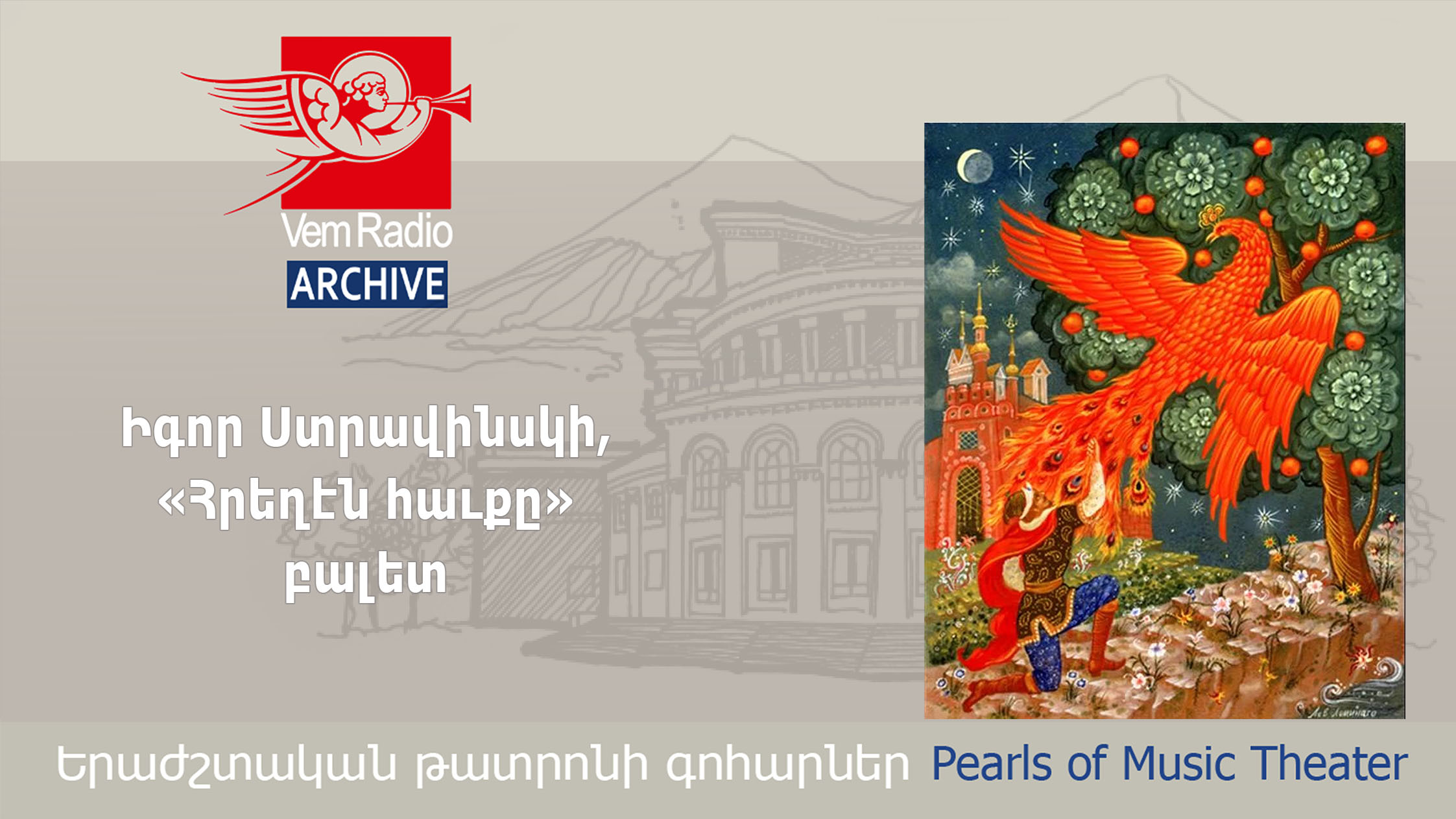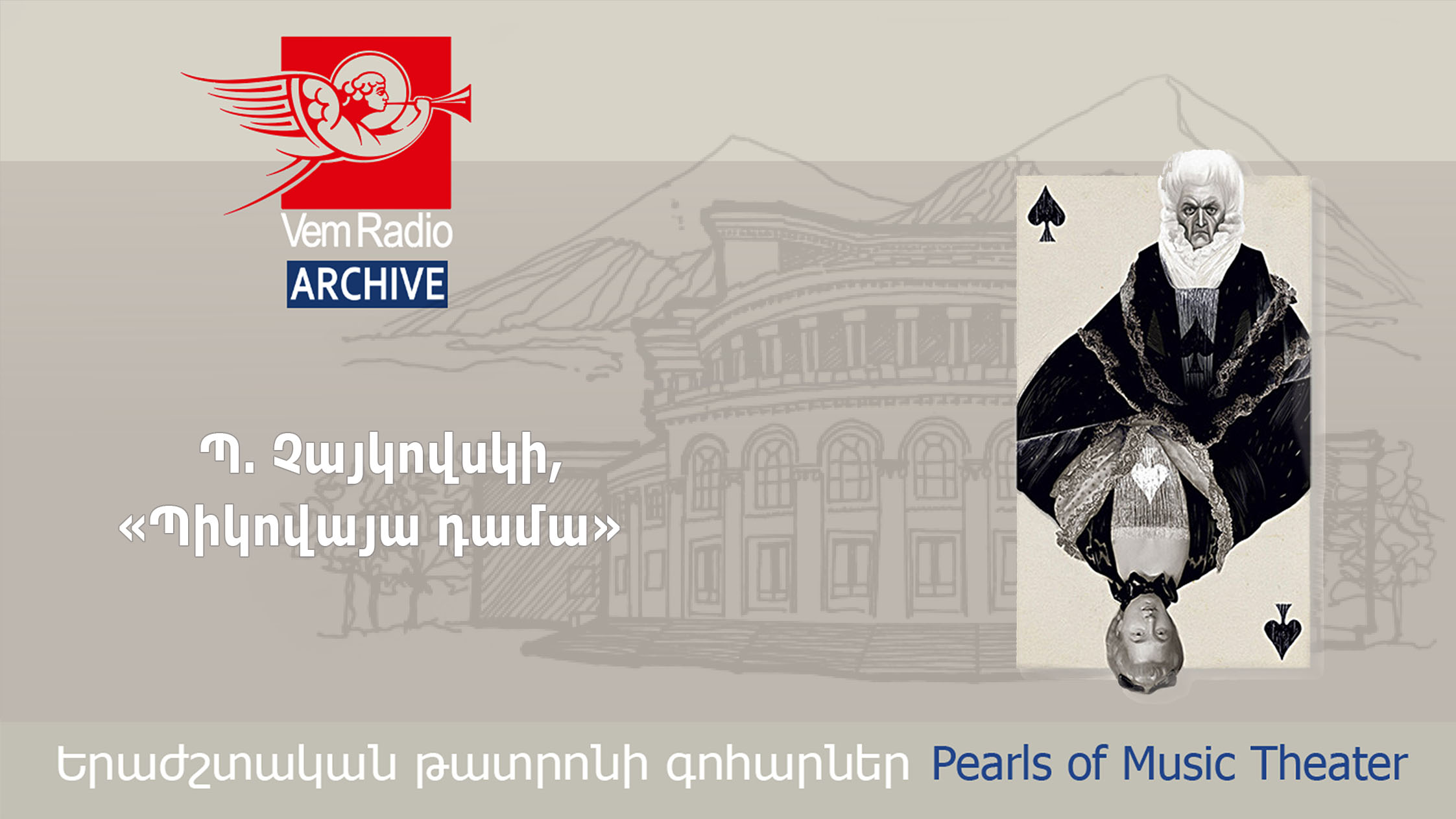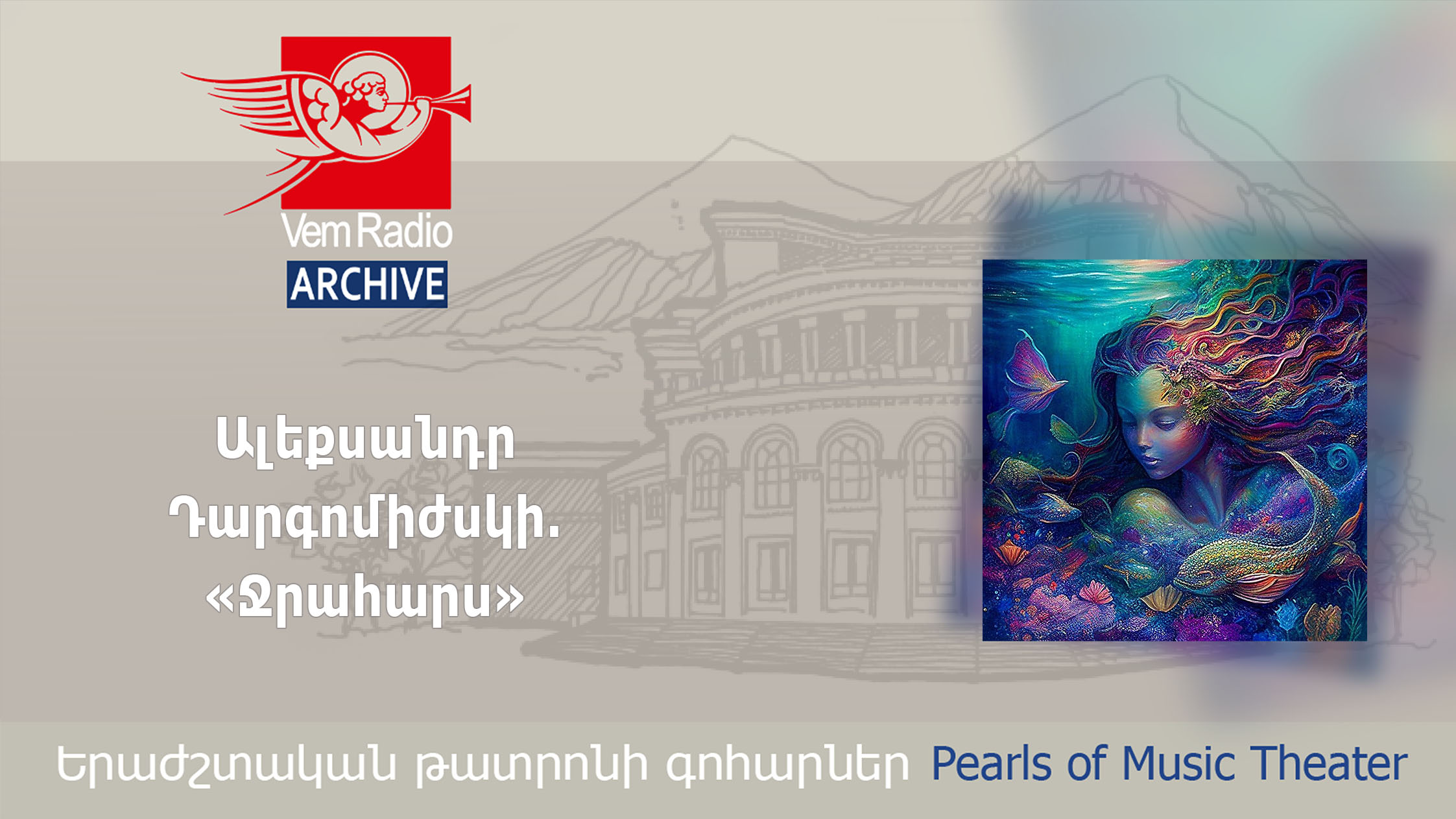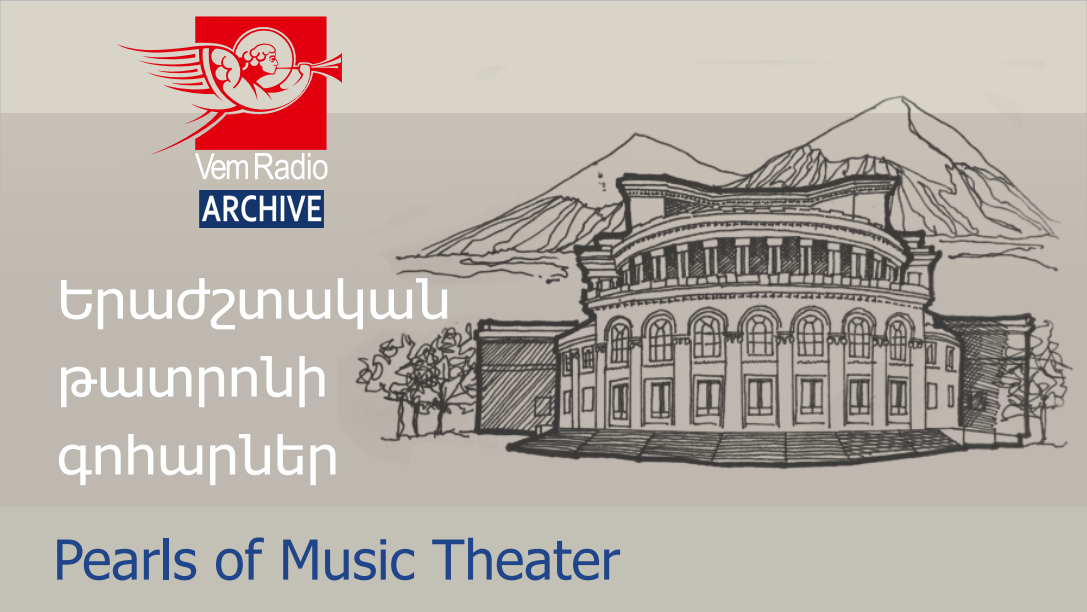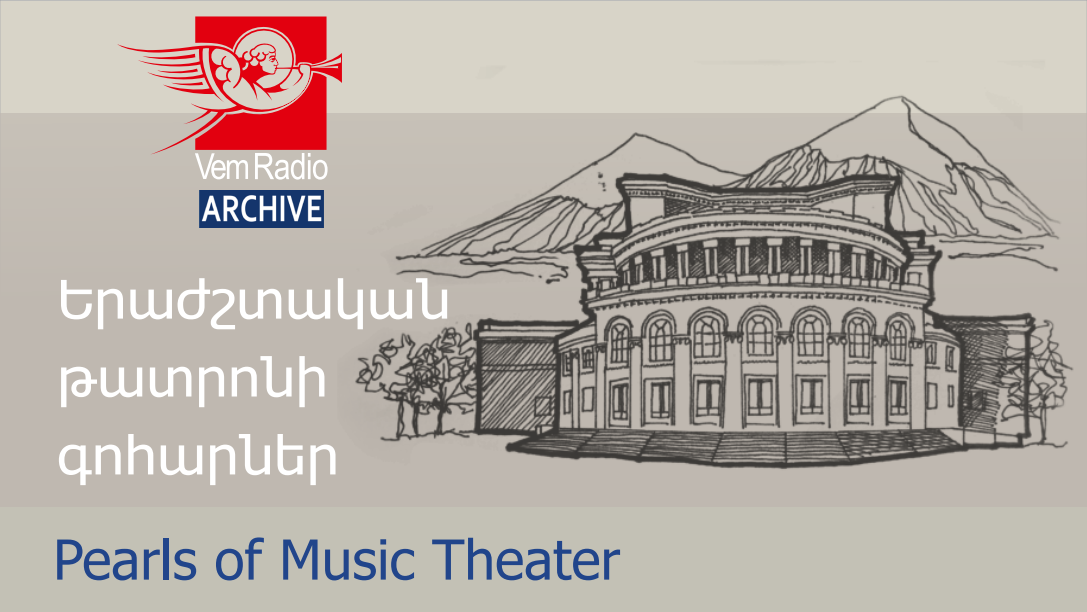
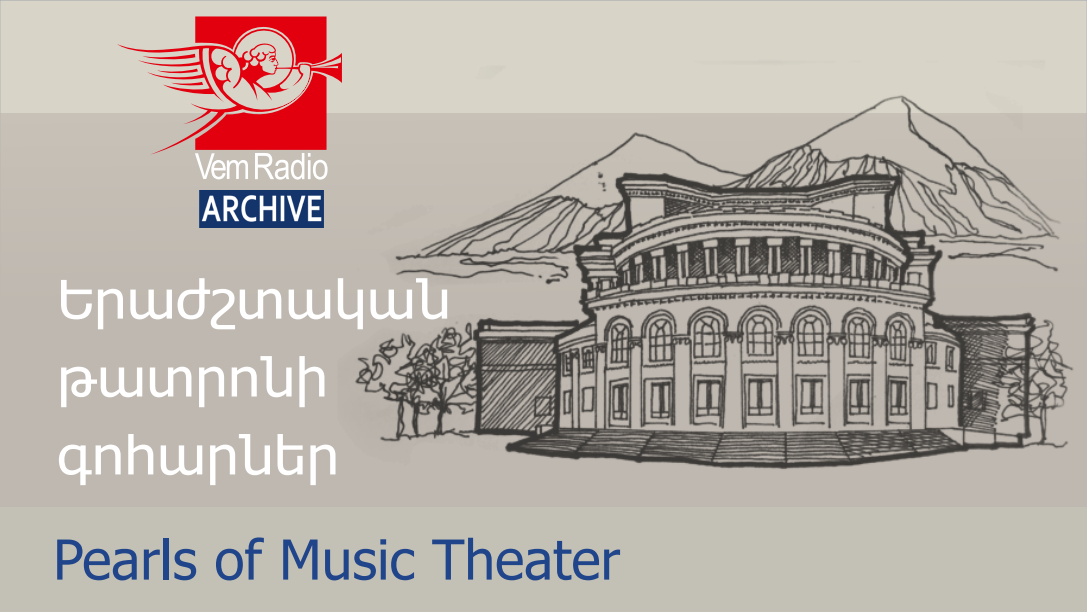
Pearls of Music Theater
The program broadcasts the best performances of famous operas, ballets, musicals, and operettas, presenting their plots and the history of their creation. Before each act, the corresponding part of libretto is read, which makes the listening experience more vivid and comprehensible.
- Author of the program: Inessa Khachatryan

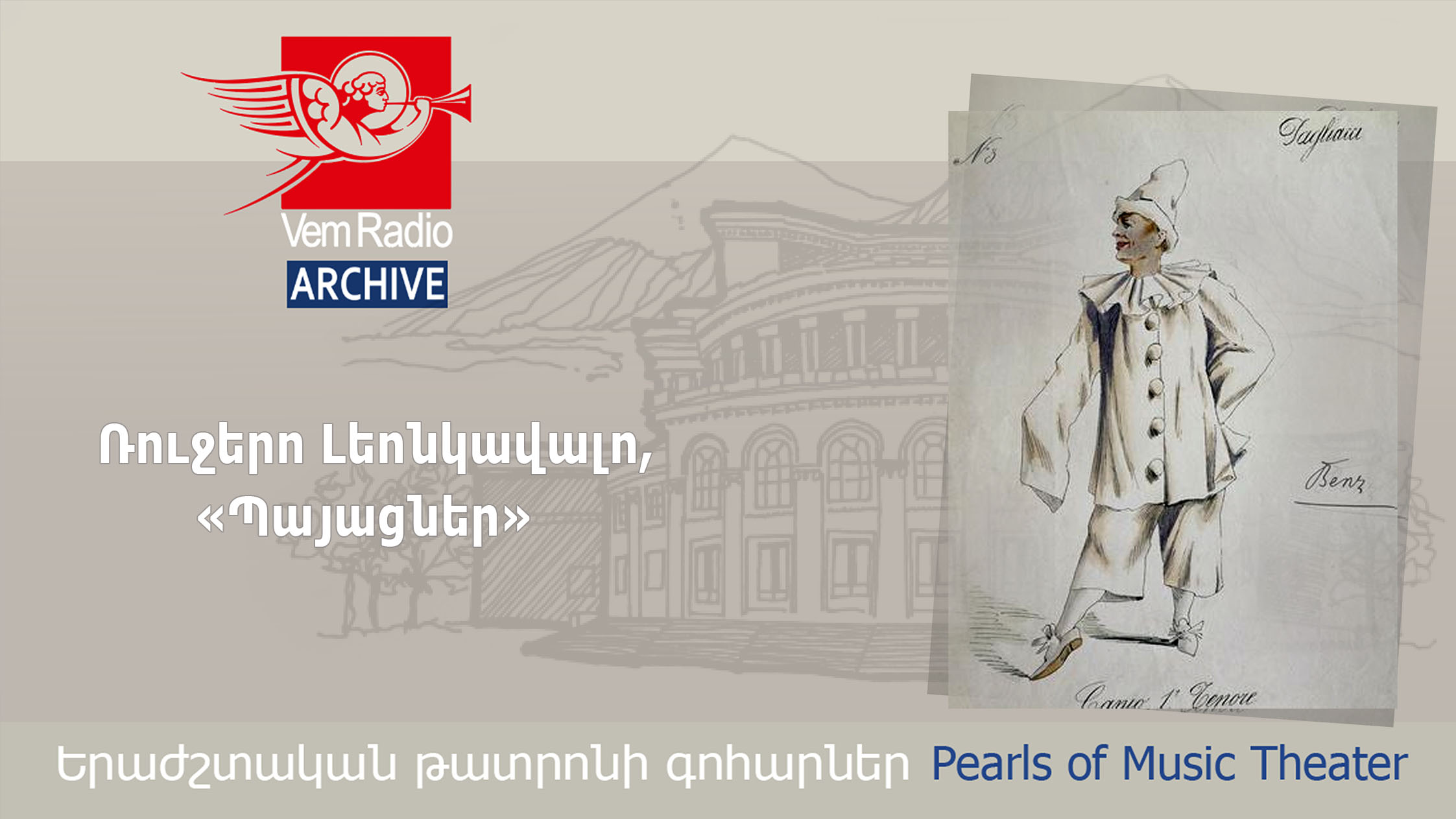
Ruggero Leoncavallo, Pagliacci
Leoncavallo's opera Pagliacci was premiered in 1892. The events of the plot happen in Italy's south, in the small village of Montalto, Calabria. "Pagliacci" means "clowns." This story is not a product of fantasy only; the author tried to reflect the real life, being inspired by that same reality.

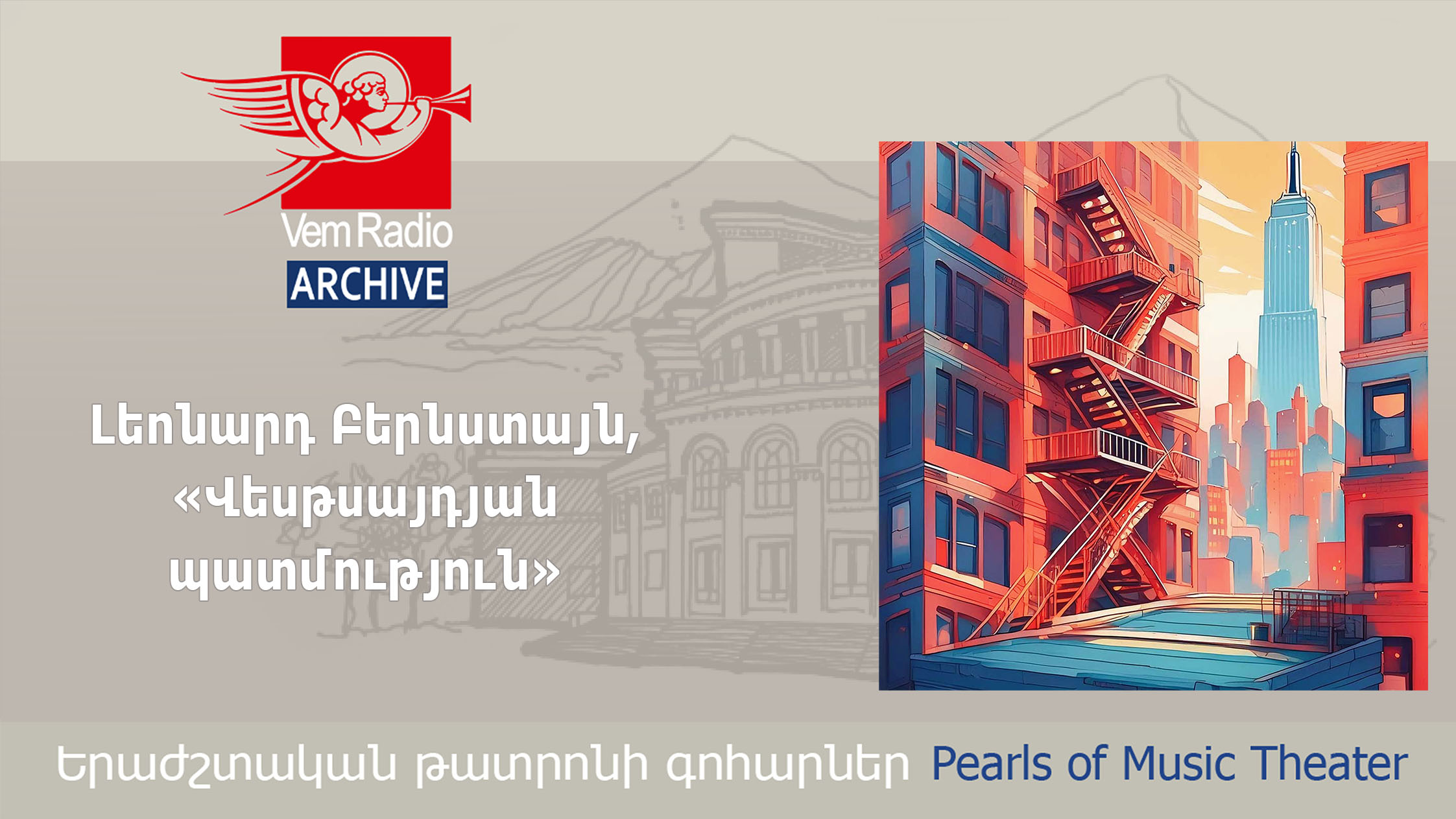
Leonard Bernstein, West Side Story
This musical is about two rival gangs, the Jets (White) and the Sharks (Puerto Rican), who struggle for control of the neighborhood somewhere in the Upper West Side of New York City. Though the conflicts found in Shakespear's Romeo and Juliette also recur here, but this story is even more touching and emotional. Until the very last moment, the audience expects to witness a happy end, but the real life is sometimes more cruel...

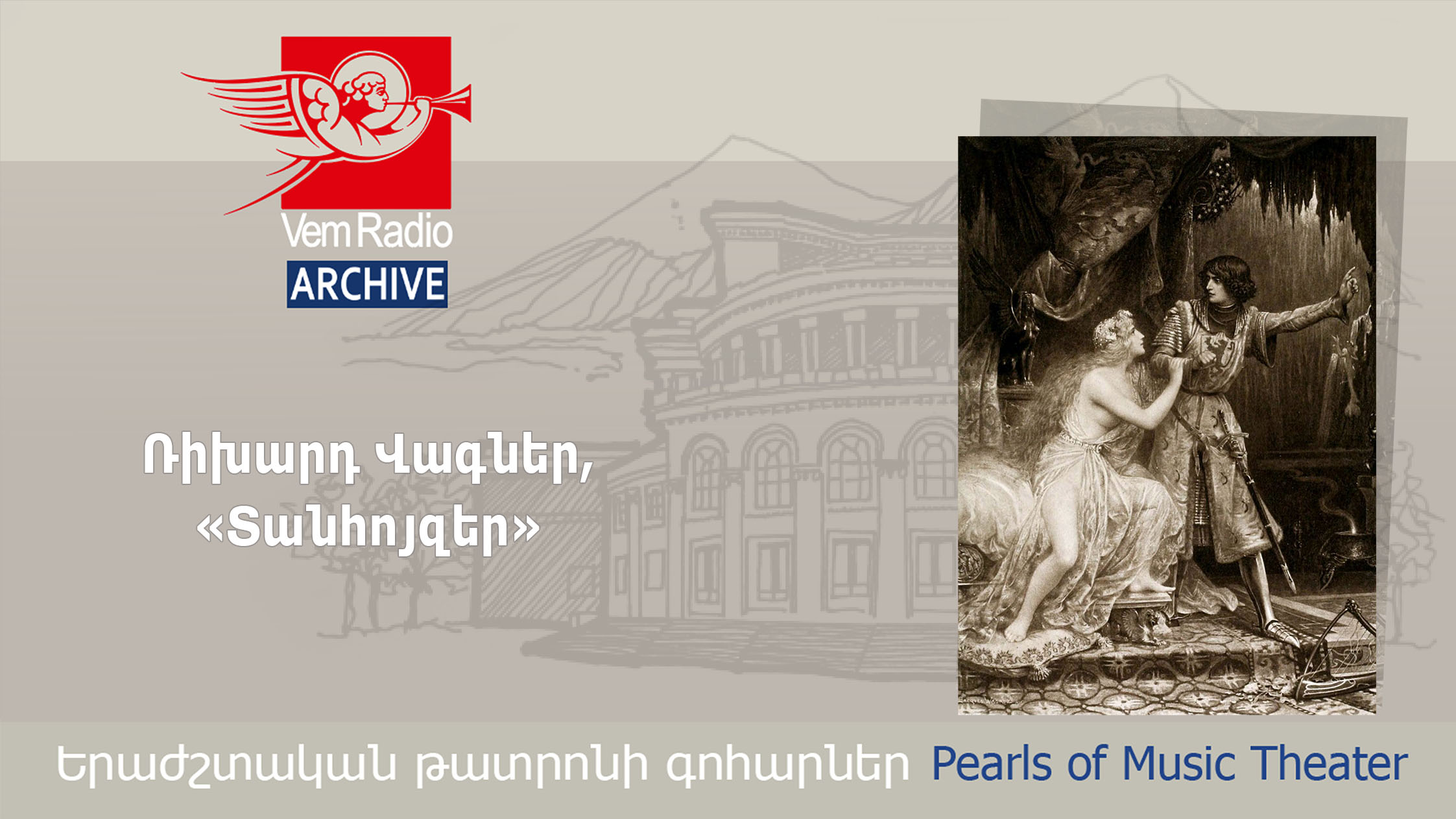
Richard Wagner, Tannhäuser
The broadcast presents Richard Wagner's opera Tannhäuser, based on medieval German legends. Its libretto was written by Wagner himself. The plot of the opera, borrowed from medieval legends and stories, takes the audience back to the old feudal and chivalrous times and contains a certain amount of mysticism. "Tannhäuser" demonstrates the struggle for the free expression of human and earthly feelings against Christian ascetic morality.

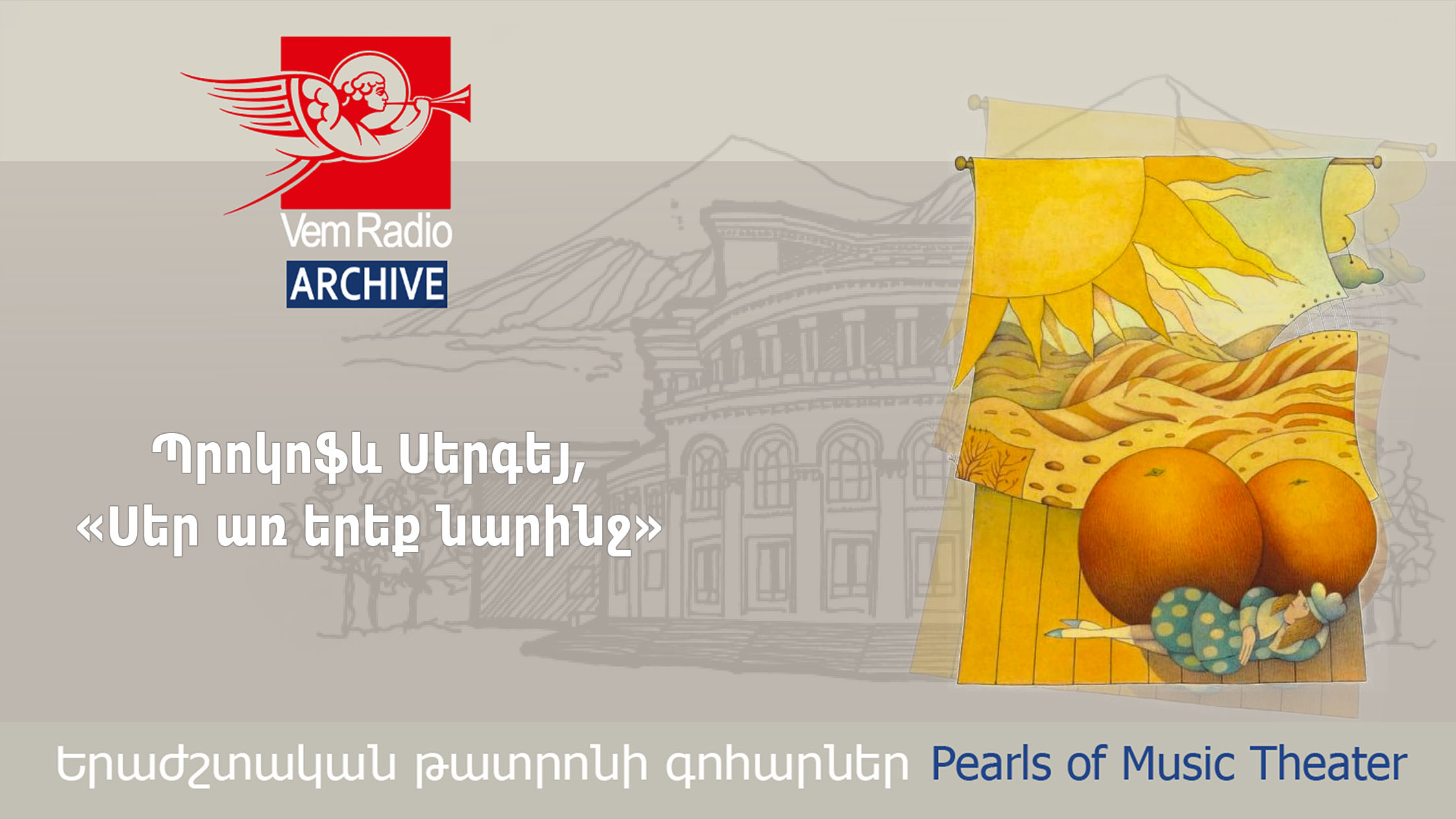
Sergei Prokofiev: Тhe Love for Тhree Оranges
The broadcast presents Sergei Prokofiev's opera Тhe Love for Тhree Оranges. The libretto was written by Prokofiev himself on the basis of the eponymous fairy tale by Italian writer Carlo Gozzi. The opera was first presented on stage on December 30, 1921, in Chicago, in the French language.

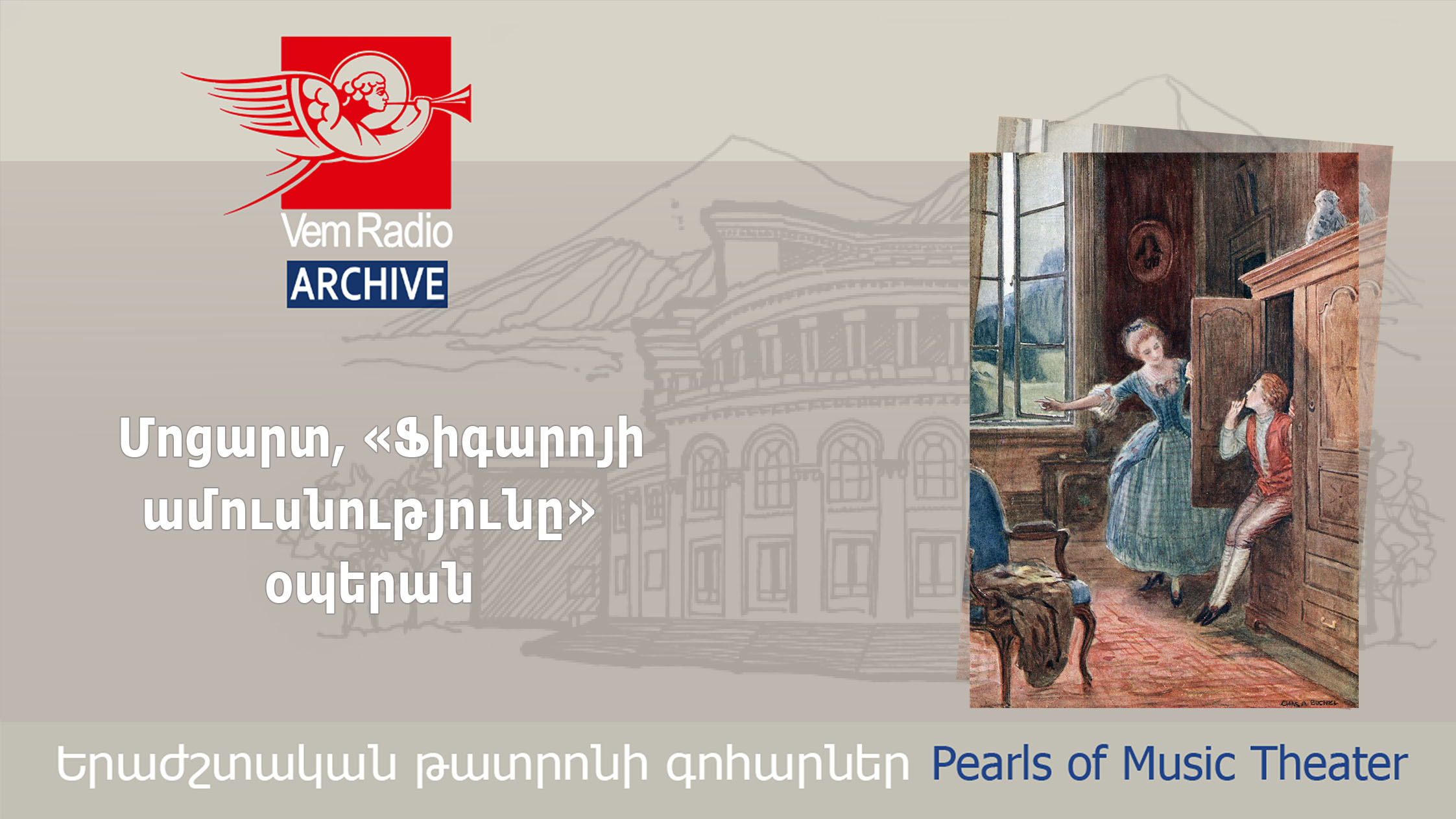
Mozart, The Marriage of Figaro
The plot of the comic opera The Marriage of Figaro by Wolfgang Amadeus Mozart is created on the basis of a “scandalous comedy” by Pierre Beaumarchais that was banned by Austrian Emperor Joseph II because of its anti-feudal freethinking. The opera written by Mozart in a few months was the first attempt of joint work of the composer with the author of the libretto Lorenzo Da Ponte; next were the operas Don Giovanni and Thus Do They All.
The opera premiered in Italian on May 1, 1786, at the Burgtheater, Vienna.

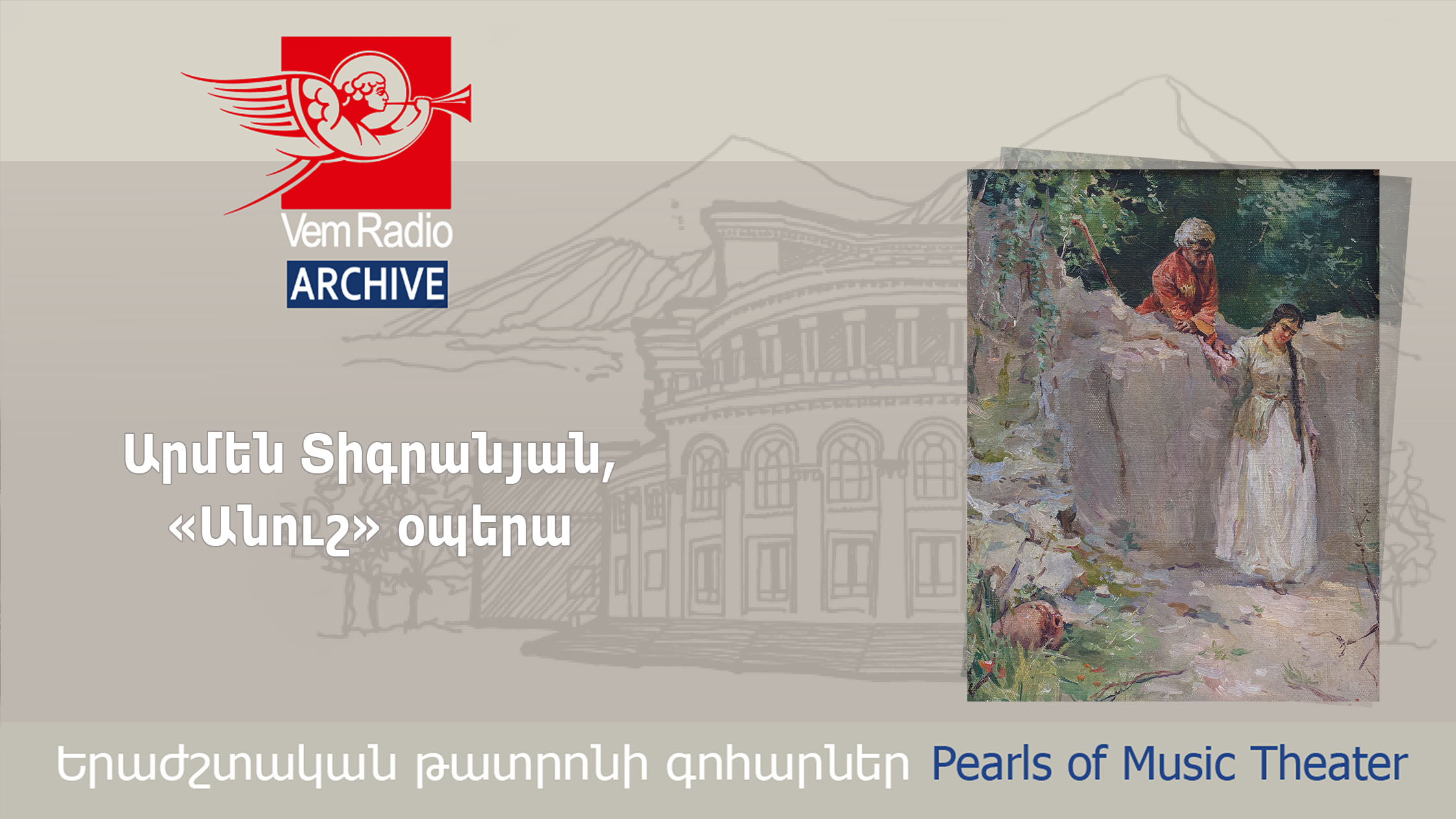
Armen Tigranyan, Opera Anush
Specialists consider the opera Anush as the first Armenian national opera. It was premiered in 1912 in Alexandropol by the efforts of an amateur troupe, but the melodies that sounded in the opera spread quickly among people and became very popular. The opera is based on the poem „Anush“ by Hovhannes Tumanyan, and the libretto was authored by the composer himself. Soon many arias, duets and choral songs of the opera Anush began to sound on the radio, TV, and concert scenes as brilliant concert samples.

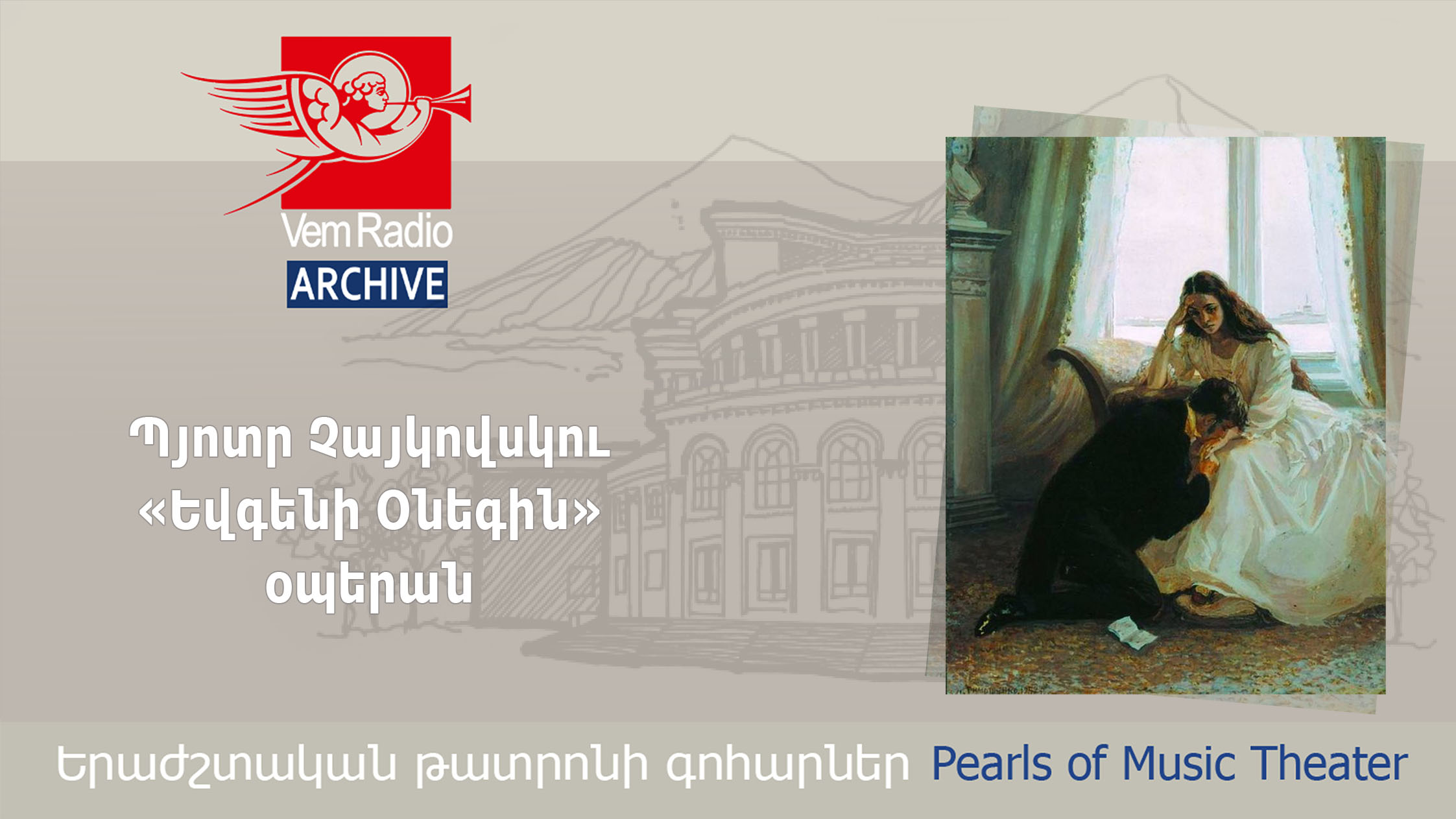
P. Tchaikovsky, Eugene Onegin
The broadcast presents Tchaikovsky's opera Eugene Onegin, written on the basis of Alexander Pushkin's poem of the same name. The plot of this work is simple and well-known to many: it's centered around a love story. Tchaikovsky called his opera "Lyrical Scenes." It presents the fate of Tatyana Larina, a daughter of a modest aristocratic family living in a village. The characters are revealed in the opera through lyrical and dramatic arias, recitatives and duets, while the chorus of girls gathering berries describes the village life of that time.

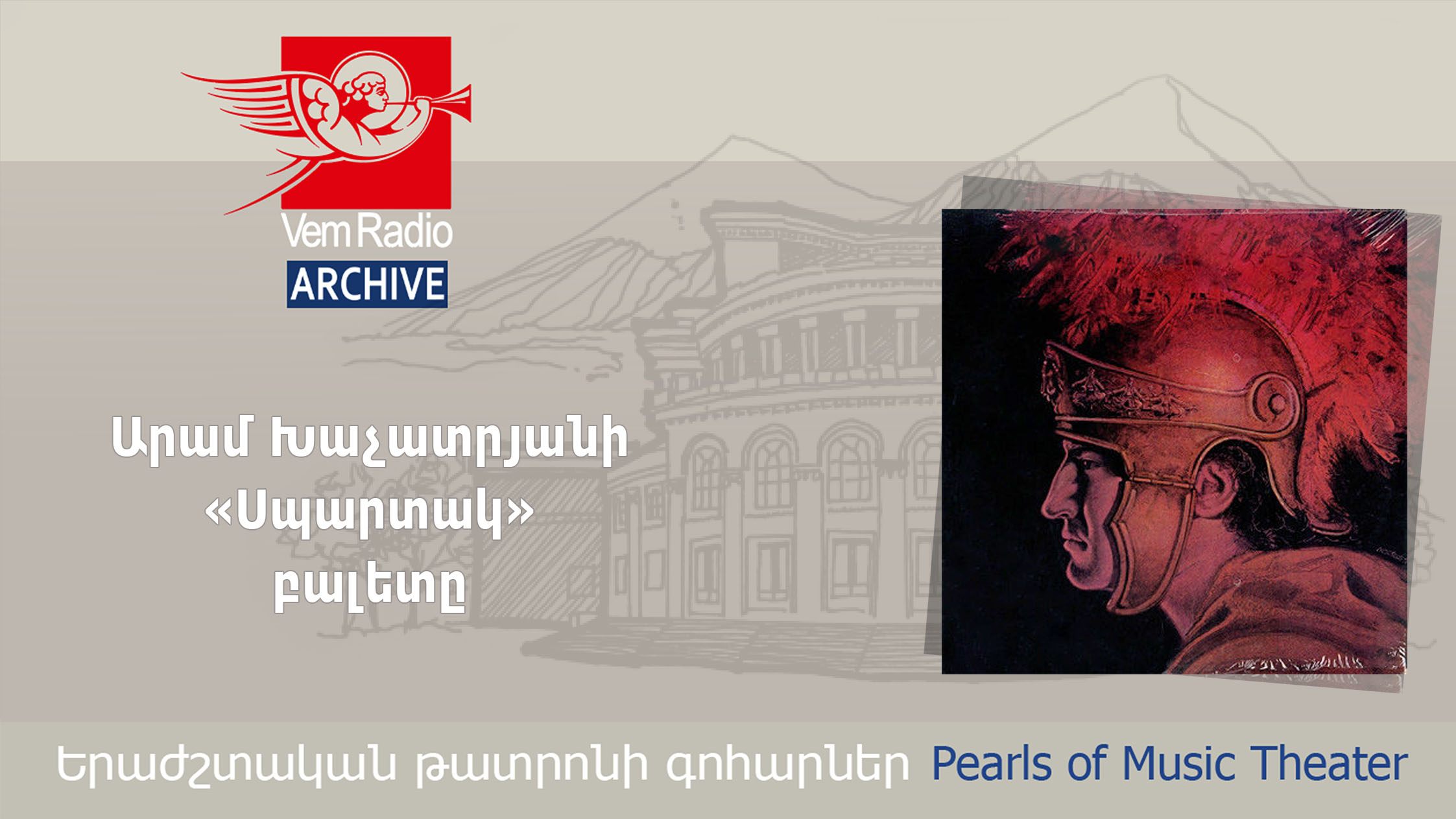
Aram Khachaturian, Spartacus
The broadcast presents Khachaturian's ballet Spartacus, which describes the events of the uprising of slaves in 74-71 BCE in Ancient Rome, under the leadership of the Thracian Spartacus. In the basis of the libretto of this monumental work lies the idea of the universal human struggle for freedom. The moral beauty of Spartacus, his rich inner world and high aspirations are opposed to the violence towards the suppressed and to characters that embody cruelty.

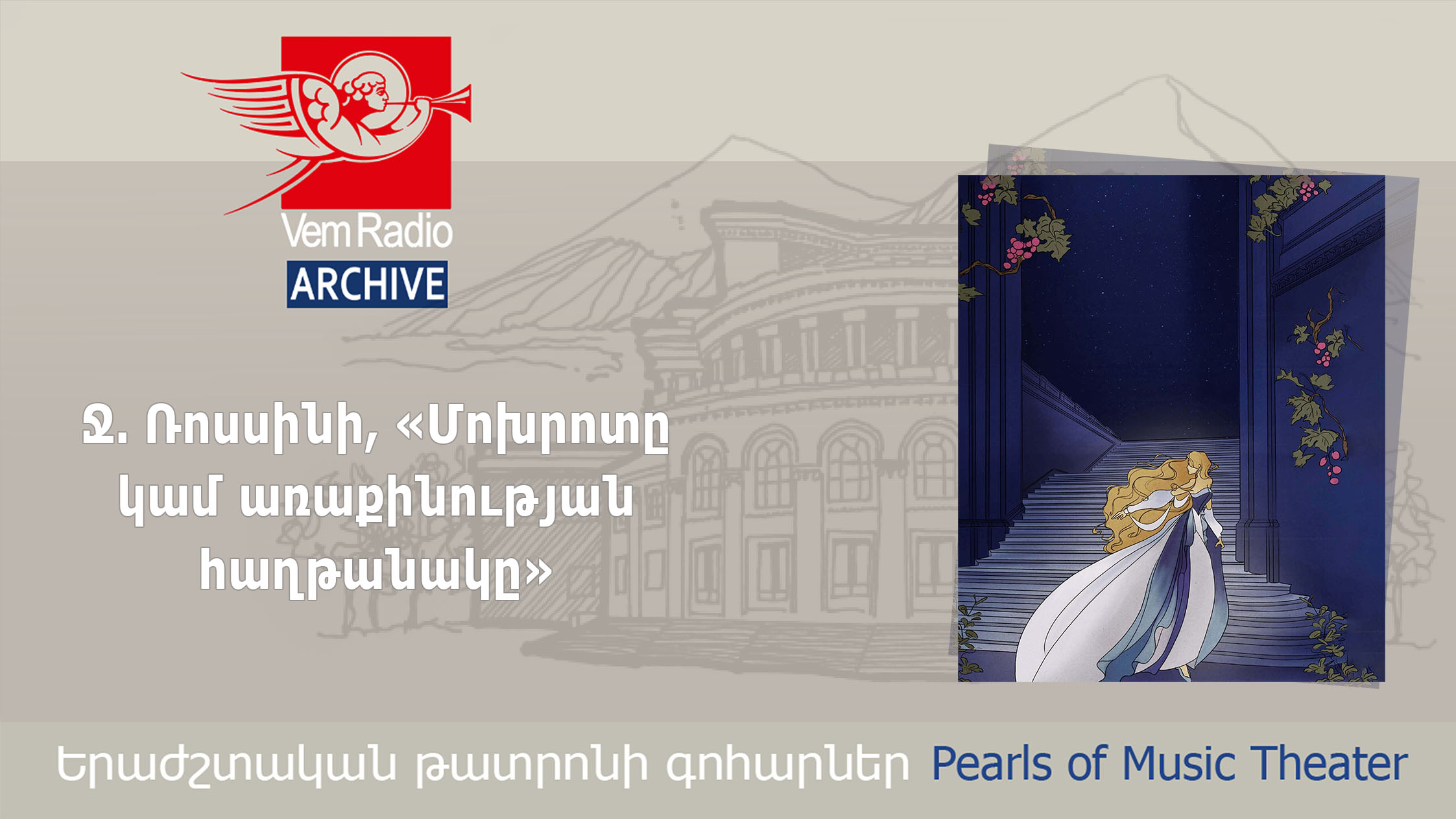
Gioachino Rossini, Cinderella
The broadcast presents Rossini's opera Cinderella, or Goodness Triumphant created on the basis of the fairy-tale Cinderella that is well known among both children and adults. The Italian libretto of the opera was written by Jacopo Ferretti. In the first part of the broadcast, you can listen to the first part of the first act of the opera.

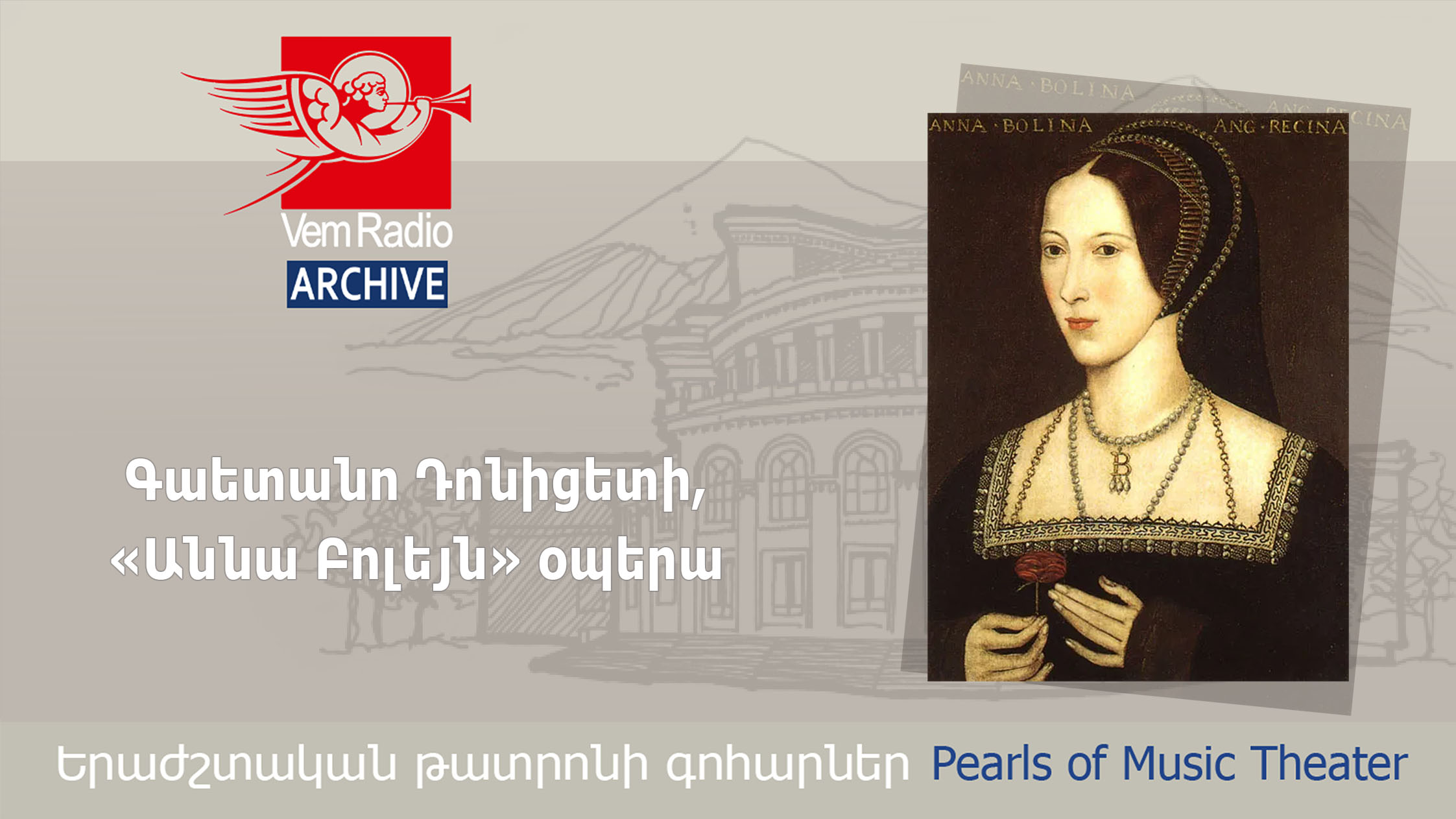
Gaetano Donizetti, Anna Bolena
The most famous librettist of his time, Felice Romani, wrote the libretto of the Opera "Anna Bolena" for the Italian composer Donizetti. This Opera is the third joint work of Donizetti and Romani. On the basis of Romani's libretti, the composer wrote ten operas.
The plot of the Opera is based on two tragedies, "Anna Bolena" by the Italian poet, Count Alessandro Pepoli, and "Henry VIII" by the famous French dramatist Marie-Joseph Chénier.
Anna Bolena is the historical figure Anne Boleyn, the second wife of Henry VIII of England. In 1536, Anne Boleyn was accused of adultery and incest with her brother and was beheaded at Tower Green on May 19 of the same year.
The premiere of the Opera "Anna Bolena" took place on December 26, 1830, in the Teatro Carcano in Milan.

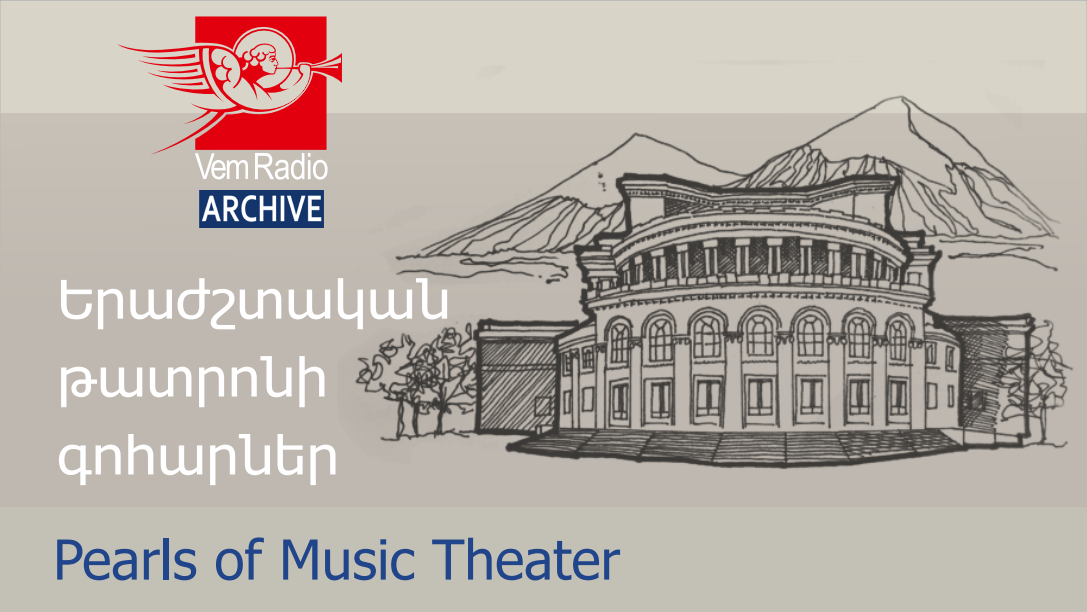
Johann Strauss Jr., "Тhe Bat"
The libretto of the comic operetta “The Bat” (“Die Fledermaus”) by Johann Strauss Jr. is based on a farce by German playwright Julius Roderich Benedix. Playwrights Henri Meilhac and Ludovic Halévy transformed it into a vaudeville.
Their play was such a big success in Paris that the Director of the Theater An der Wien (Vienna) Maximilian Steiner decided to stage it in his theater. He ordered Austrian playwright and composer Richard Genée to write the final version of the play. One of the friends of Strauss' suggested that Steiner order Strauss to compose the music for the play. Strauss began working with great enthusiasm; he fell in love with the libretto so much that he completed his work in only 1.5 months. The premiere of the operetta took place on April 5, 1872, Easter, in the Theater An der Wien.

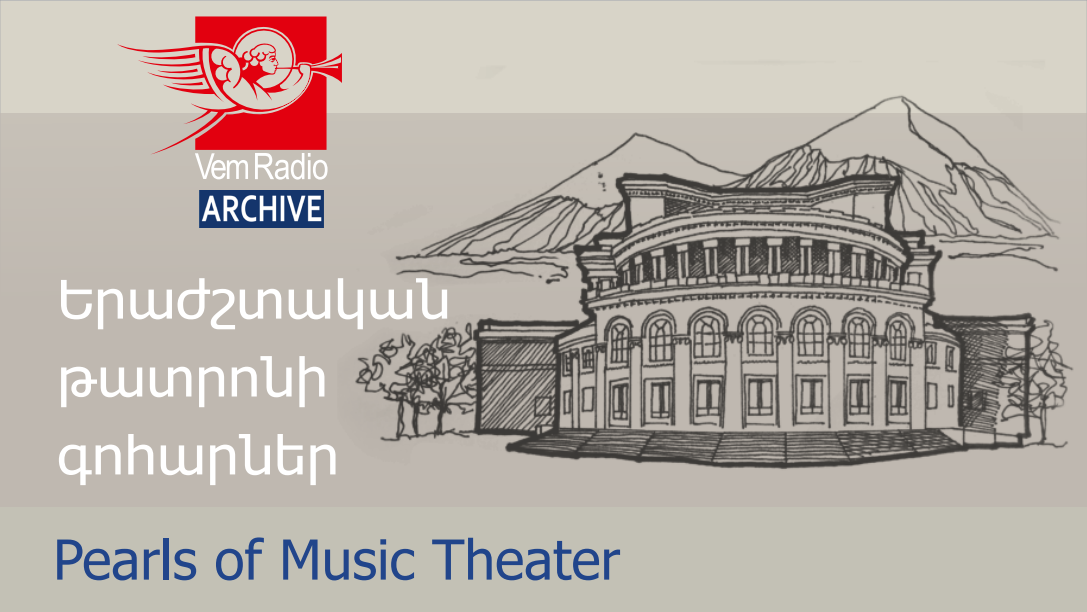
Nikolai Rimsky-Korsakov, Christmas Eve
The plot of this opera by the Russian composer Rimsky-Korsakov is based on the novel “Christmas Eve” by Nikolai Gogol. The libretto was authored by the composer himself, who wrote his opera in the style of a fairy tale, enriching it with imaginary elements, as well as including in the libretto ancient pagan sayings with which Russian peasant household rituals were particularly rich.
“Christmas Eve” was premiered on November 28, 1895, at the Mariinsky Theater.

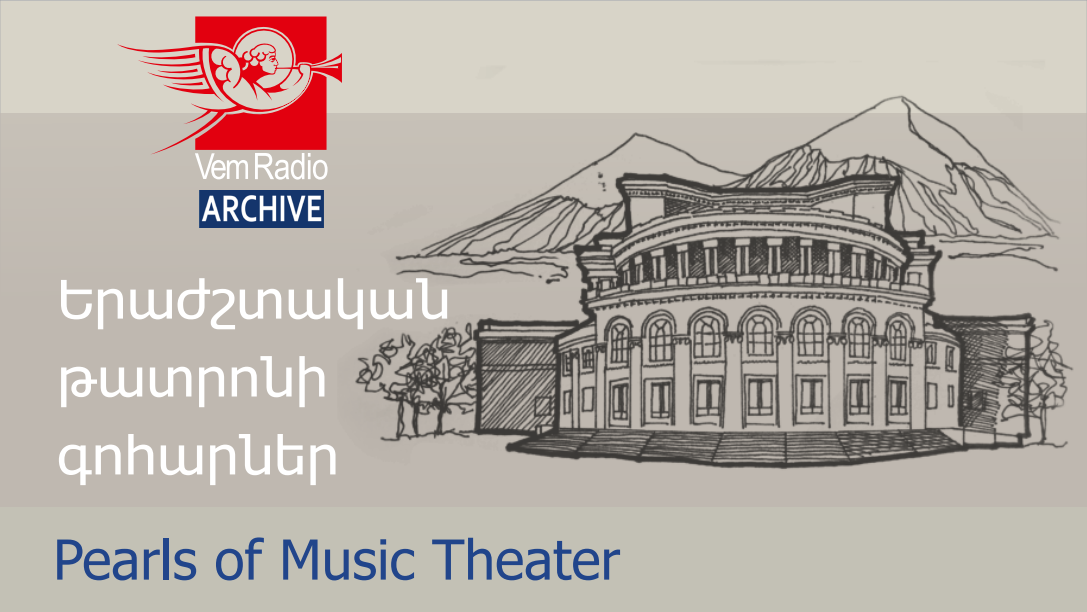
Carl Otto Ehrenfried Nicolai, The Merry Wives of Windsor
German composer Carl Otto Ehrenfried Nicolai wrote his opera “The Merry Wives of Windsor” on the basis of English playwright William Shakespeare's comedy of the same name (1597). The opera was premiered on March 9, 1849, at the Berlin Royal Court Opera under the baton of the composer.

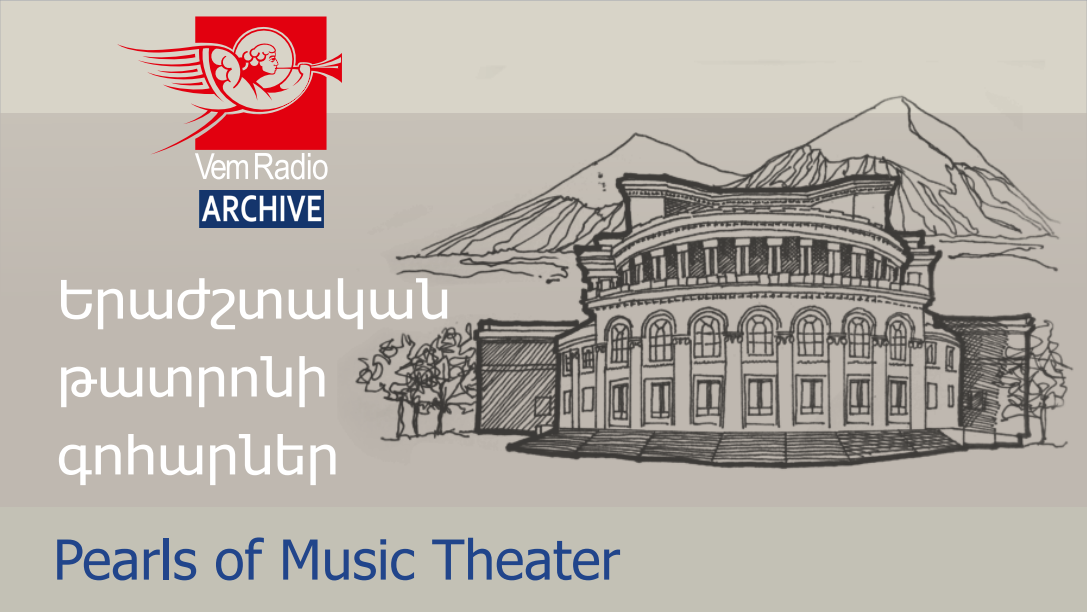
Richard Strauss, Salome
In 1893, Gustave Flaubert's novel "Herodias" inspired the English writer Oscar Wilde to write his one-act drama “Salomé” in French for the famous tragic actress Sarah Bernhardt. The play was staged in European theaters with a great success. The German composer Richard Strauss watched it in early 1903 in Berlin.
The exciting exotic nature of the East, Herod's hysterical character, and the sharpness of the contrast between Salome's disastrous amorality and God-fearing Jochanaan's (John the Baptist) piety inspired Strauss to compose an opera based on this play.

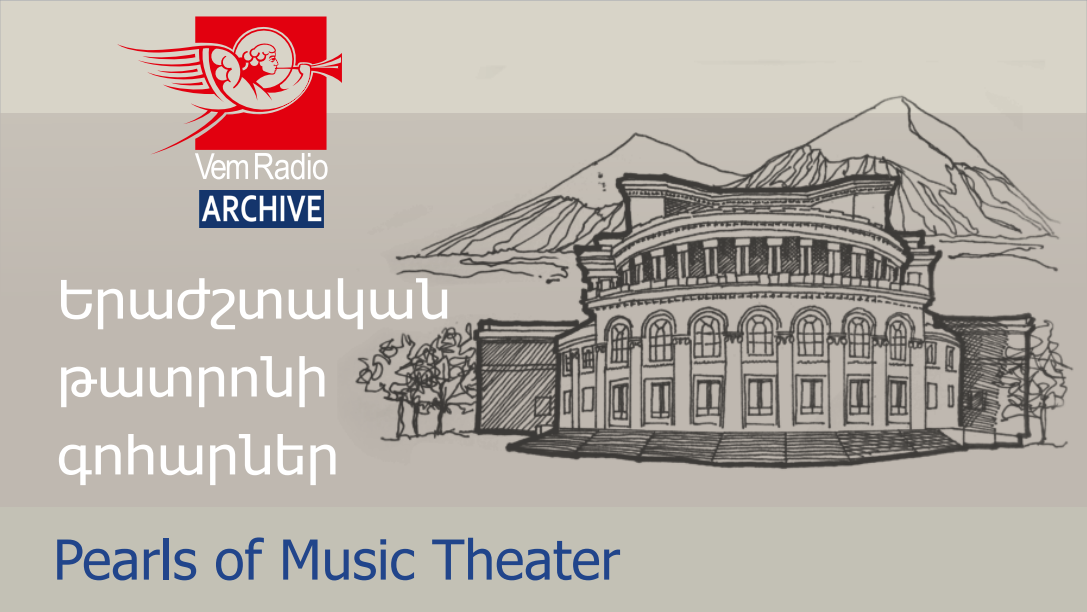
Pietro Mascagni, Cavalleria Rusticana
The French composer Mascagni wrote the opera "Cavalleria Rusticana" for the competition of one-act operas organized in Milan by the publisher Edoardo Sonzogno in 1888.
Learning about the competition very late, Mascagni turned for help to his friend, poet Giovanni Targioni-Tozzetti who decided to borrow the plot of the libretto from a novel by Giovanni Verga. Guido Menasci also participated in the reworking of the plot. In March 1890, the decision of the jury was announced, according to which the winners were Niccola Spinelli's "Labilia," Vincenzo Ferroni's "Rudello," and Mascagni's "Cavalleria Rusticana."
The opera was premiered in Rome on May 17, 1890, and was a great success.
